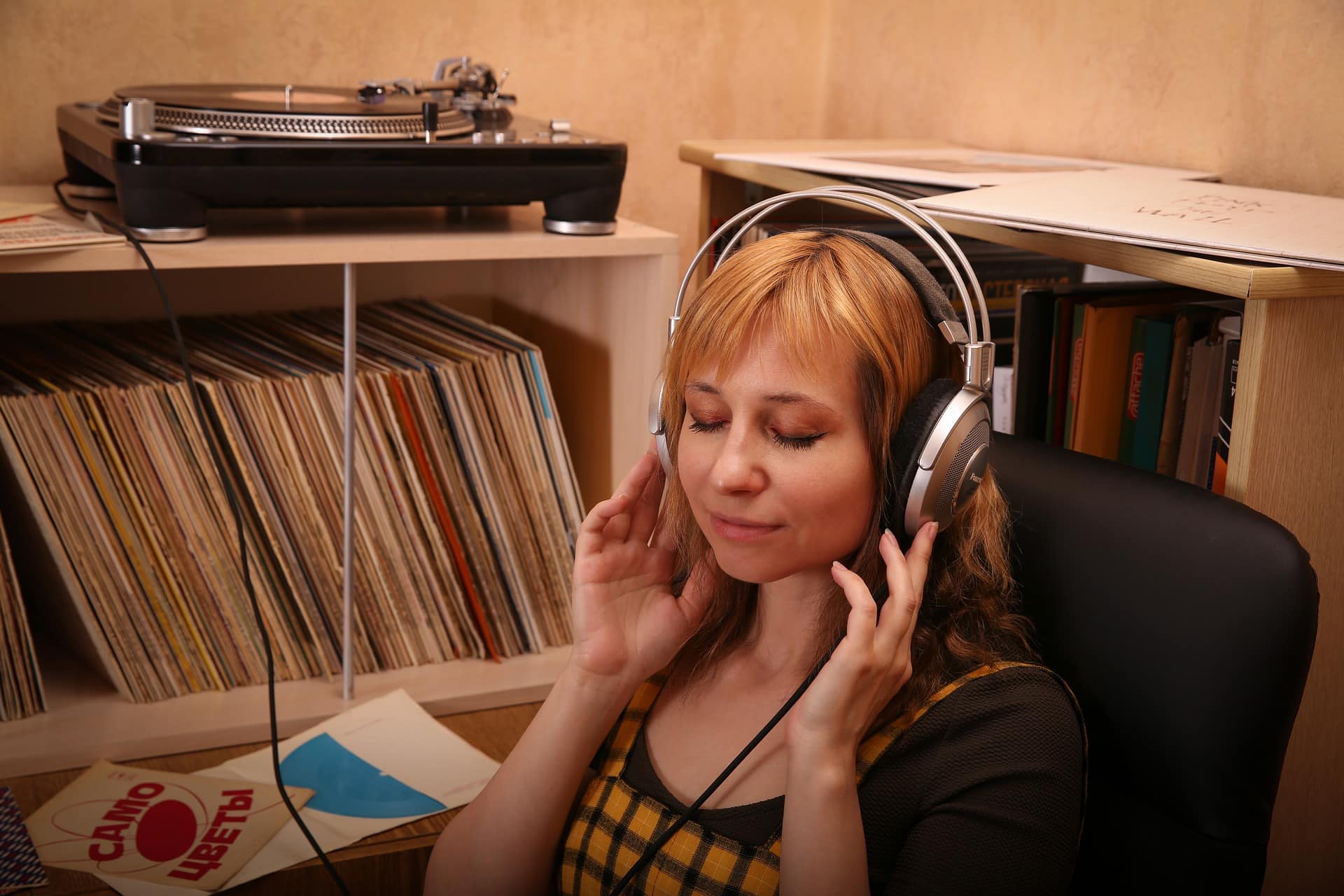Have you ever wondered why do we like music? What makes us shake and groove? And what is the connection between the brain and music?
They say our souls feed on music. That’s true indeed! It’s not wrong to say that nature has its own melody. There are many heard and unheard sounds in this cosmos that are a silent part of our lives and existence. In this article, we will reveal how humanity and music are entangled with each other.
Why do we like music?

In general, we like music because it makes us feel good. When we hear tunes our brain gives us a signal to “feel good”. The brain releases dopamine and we feel calm and relaxed. This is the same as what a drink of alcohol will do to an addict or a cup of tea will do to a tea lover.
However, this is not the only case. Melody doesn’t make us ” happy” all the time. Sometimes we listen to sad tunes and it makes us feel sad. This means music can interfere with our mood in diverse ways and not necessarily “pleasure”.
So why do we still like listening to harmonics even if sometimes it is sad? Why is music so powerful that we resonate with its essence? To understand it all, we need to know the science involved in it.
The scientific aspect of the effect of music on the brain?
In neuroscience, we can explain harmony in brain language. In a language of science, harmonics is an organized and complex architectural and mathematical structure. Our brain is self-trained to get signals and process complex patterns.
Each beat has a certain frequency and it corresponds to specific neurons in our brain. Variant frequencies will tickle corresponding neurons and they respond to the call.
When Our brain responds to those frequencies it translates them into individual emotions, and expressions based on our past experiences. Listening to songs revives our memory of that sound and brings nostalgia. Maybe this is the reason why people like a different kind of music.
In short, Our response to music is a synchronized activity of trillion of brain cells. They generate rhythm through sound waves and create a response through cognitive and motor abilities. This explains what is the correlation between your brain and a beat in music?
Why is Melody so important to humans?

Mankind has a history with music. As humans learned to interact and communicate, they learned to express themselves in different forms including music. Music can interfere with our mood and channel it in a certain way. There are emotional, psychological, and scientific aspects to it.
Why do we enjoy music so much? The psychological aspect explains that our memories are tied to sounds and certain sounds remind us of certain experiences in life. That is why sad tunes makes us sad and happy tunes makes us happy. This also explains why do we like music from our youth.
It’s not just us, euphony is embedded in nature. The natural sounds of rain, water, or laughter are used in music therapies to cure certain psychological complexities. Even plants respond to music and happy music makes them grow faster and greener.
Music is important to humans because
- It makes them feel relaxed.
- Harmonics is like an emotional expression that translates our internal aura.
- It builds up the mood and enlightens our souls.
- Melody soothes our nerves just like a nice head massage.
- It improves intelligence and cognitive skills.
- Music keeps your brain young
- It is a tool to fight depression. It gives the brain a reason to smile.
- Melody boosts our memory and helps our brain to respond positively.
- It gives us motivation and improves our social bindings.
- Melody helps us in managing our pain.
- Human beings find peace in harmony and melody is harmonious.
Does everyone like music?
Almost all people derive pleasure from tunes. However, there is 5% of the world population may not agree with it. Their brains can’t process melody as pleasure. The condition is called Music anhedonia. Scientists are researching why do some people can’t derive pleasure from tunes and if this brain condition relates to Autism.
Interesting Facts about Music and Brain

What music do to the brain and the body is simply amazing. Here are some fun facts
- It opens up a creative portal in your mind, melodious tunes takes you to places and boosts your imagination. As it brings memories back, it tries to build dreams based on memories. Thus increasing creativity.
- Tunes can heal our brains and heart. As melody makes us calm, it reduces blood pressure., relieves stress, and eliminates anxiety.
- It improves the relationship between our brain, cognitive skills, sensory responses, and motor abilities thus creating a balance.
- Our brains interpret melody as a complex mathematical structure.
- Different melodious frequencies are used to heal our brains and body. Those healing sounds impact our minds and body positively.
- Everything that is created by nature has melodious harmony to it whether it’s audible to us or not.
- Melody enhances our brain activity and the more we use our brain the more our brain stays young.
Why do we like songs loud?
Of course, the brain doesn’t directly get music, our hearing ability plays its part. The louder the tunes the more we get that dopamine effect. Loud tunes works like a stimulant. Also, every beat reaches our brain so the brain creates an effective response to loud songs.
Moreover, loud harmonics awakens our emotions and gets our attention. That is why people find peace when they hear loud songs.
As good as loud melody feels, listening it constantly can damage our hearing. The sound used in clubs is louder than 115 decibels. Most clubs don’t use refined sound systems and the loud “noise” can damage your ears. However, famous clubs like Club 16 use a theatre-quality sound system that makes your music experience real and exciting.
In the end, why do we like music is directly related to our sensory abilities and brain. We hear it, Our brain processes it and we enjoy it!





